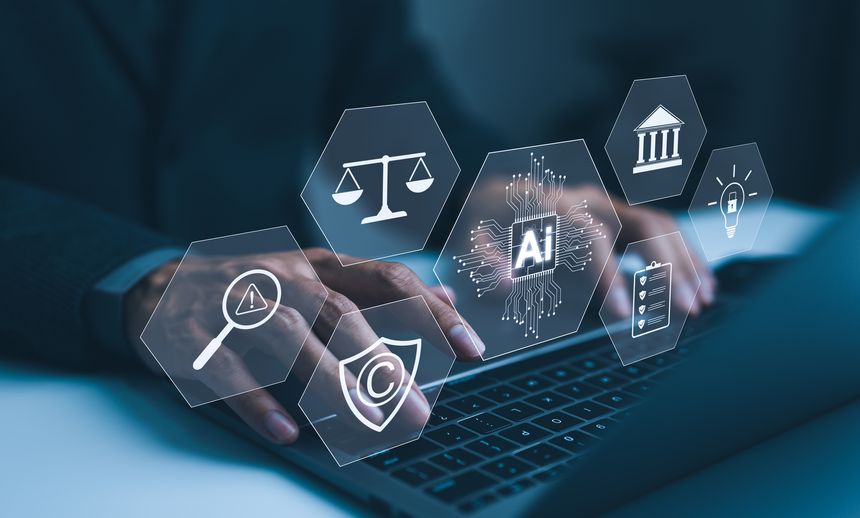To date, most efforts to challenge what LLMs like GPT-5, Claude, Llama, Grok, and Gemini, among others, are doing with copyrighted materials have focused on inputs used to train these models. However, the ongoing case involving Anthropic's Claude model (Bartz v. Anthropic) is the most recent illustration - and most prominent - that courts are likely to find LLM training on ‘legally obtained’ copyrighted materials to fall under the ‘fair use’ exception to copyright law. Challenging the use of copyrighted materials for training LLMs has its benefits. There are numerous authors, publishers, artists, and more who have had their materials used for such efforts, and challenging the training coalesces these groups to fight these training efforts. One benefit, if these groups prevail, is that any output likely would not include their copyrighted material because the LLMs would not be trained on that material.
With fair use becoming more apparent as an exception that allows companies to train their models with copyrighted material, the battle is shifting - at least for some large companies - toward fighting potentially infringing outputs. Disney's recent lawsuits outlined in the article by Kyle Jahner align with this battleground shift. Even though Disney's suits are not the first to challenge LLM outputs, the cases are sending a stronger message about use of copyrighted material for training that, without the correct controls, can produce an infringing output.
The upside of challenging outputs is that copyright owners probably have a stronger footing for allegations of infringement - assuming the right facts - because the output would be specific in nature (e.g., an unauthorized depiction of Donald Duck). That said, the issue of copyright infringement is specific to the holder of that copyright, which means that the process will involve numerous individual cases rather than a class action. And the individualized nature of infringement actions for outputs of LLMs may make it difficult for some individual copyright holders to obtain an appropriate remedy, in part due to the potentially arduous task of identifying what LLMs, if any, are capable of (or are) producing an infringing output.
It is yet to be determined whether protections under the DMCA will shield the LLM platforms. I will be following these cases closely to see where they go.



/Passle/5f6edd8e8cb62a0bec3e5fd2/SearchServiceImages/2025-09-11-17-02-51-670-68c300bb2b4d83f984228268.jpg)

/Passle/5f6edd8e8cb62a0bec3e5fd2/SearchServiceImages/2026-01-06-14-22-53-593-695d1abd5e53f47fe01ca516.jpg)
/Passle/5f6edd8e8cb62a0bec3e5fd2/SearchServiceImages/2026-01-05-14-51-33-041-695bcff5f06df27e3855c14e.jpg)